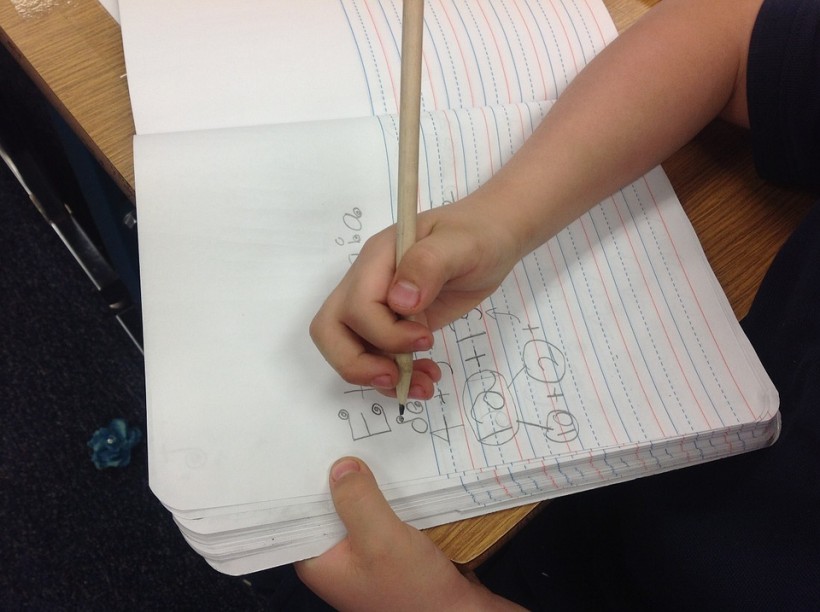How To Parent A Child With Learning Disability

Each child is different, some learn basic skills such as reading, writing and arithmetic faster while some may take time and effort before they can master them. If you notice that your child is having difficulties to keep up, you need to know why. There are numerous learning disabilities that may affect the way that a child absorbs information and learn new skills.
Around 15% of children in America have a learning disability and this issue have to do with the way that their brains use information, gather them, store them and sends them out. Children with learning disabilities may have problems with reading, listening, writing, reasoning, speaking and math. The most common type of learning disability among children is reading disorder.
However, just because the child has learning problems, it does not automatically mean that he or she has a learning disability. There are other causes why some children find it difficult to learn, there are those that have ADHD or attention-deficit hyperactivity disorder, intellectual disability, hearing, motor or vision problem and just a simple lack of instructions. It is very important to understand that there are some children may more than one learning disability.
What causes learning disability
There are a lot of reasons why a child has a learning disability. The main cause are not always known but experts usually trace it back to the family of the child. If the child has family members with learning disabilities, chances are, it can be passed down from generation to generation. Learning disabilities can be genetic, but there are other factors that can be considered like suffering an accident during childhood, premature birth and illness.
What to do when your child has a learning disability
If your child is diagnosed to have a learning disability, you will need to given them all your support and patience. The achievements that other children their age gets no longer applies to your child. You should no longer focus on their grades in school and look for an environment or educational system that can help your child thrive.
There are numerous schools per state that caters to children with learning disabilities, so you can ask around and do your research about enrolling your child in that establishment. It is also important for parents to not berate their child, especially if they think they are not showing any progress. Shaming them will do no good, in fact, it may even prevent them from moving forward.
Remember to acknowledge the skills that your child is good at. Children with learning disabilities may not be as quick to learn math or reading, but there are those that excels in arts and sports. Encouraging them can also help with their confidence and self-esteem.
It is also important to note that you can ask for help if you need it. You can only do so much for your child with a learning disability. In order for him or her to improve and for his or her skills to progress, expert help is needed.
There are therapies, special classes and counseling for children with learning disabilities, and there are also organizations and support groups that help parents of children with special needs. With the proper backup and support, your child can still be successful in life.
ALSO READ: Using Education Technology To Boost Students With Learning Disabilities, ELLs
© 2024 ParentHerald.com All rights reserved. Do not reproduce without permission.
